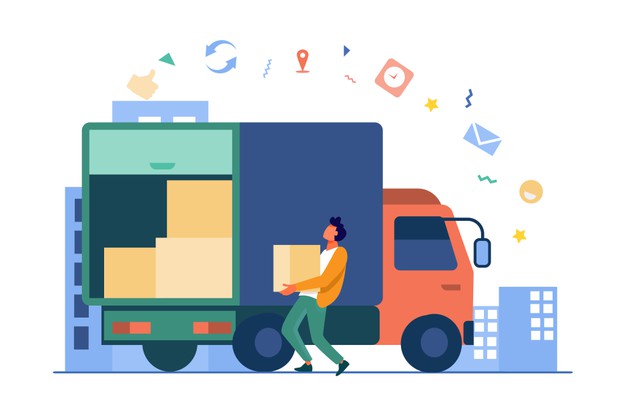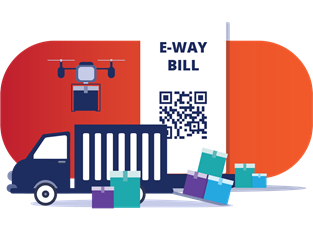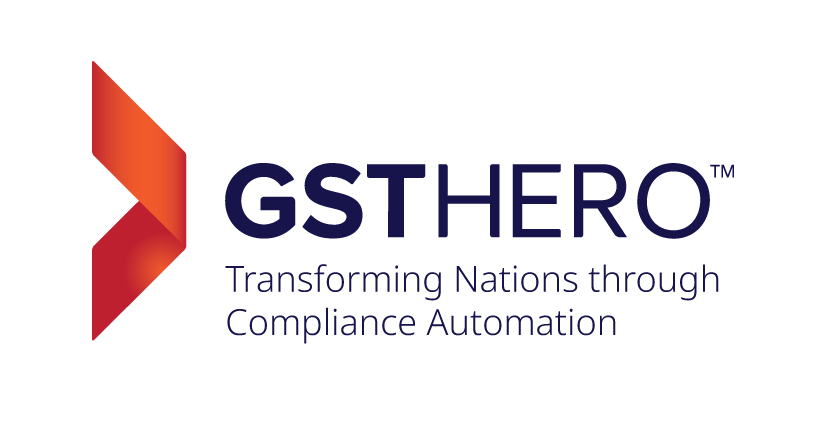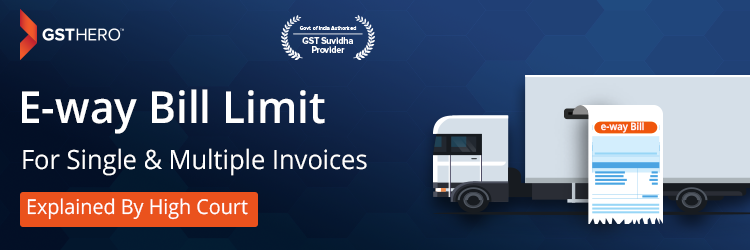Dear taxpayers,
if you are searching about explanation on e-way bill limit all your search is end here. this article is for you.
E-way bill is mandatory to be generated if value to goods to be transported is more than Rs. 50,000/- per consignment.
It is to be generated by consigner, consignee or transporter.
In this article, we will discuss an e-way bill limit case, where:
- Under single consignment
- By a single consigner
- Under a single conveyance
- But multiple bill
- Having value of individual bill of less than 50,000 Rs.
- But aggregate value is above 50000 Rs.
whether the E-way bill needs to be generated for all the invoice or not.

Conditions For Generating E-way Bill & e-Way Bill limit:
- Inter-state transfer of goods from Principal to Job-worker.
- Inter-state transfer of handicraft goods by person exempted from obtaining registration.
Case Law
Bon Cargos Pvt. Ltd. Vs Union of India (Kerala High court).
Under this case, goods of the conveyance were detained during transportation as the transporter was not having E-way bill for all the invoices with him.
The officer who detained the goods was of opinion that the petitioner deliberately made invoice of small amounts so that he can escape the E-way bill generation.
The individual value of only one invoice was above Rs.50000, and remaining invoices were below Rs. 50000.
So, the transporter was having E-way bill only of the invoice with value more than 50,000 and not of others.
Because, normally, people are of an impression that limit of Rs. 50000 is per invoice.
Also, there are the suppliers of goods who purposely issue multiple invoices with value less than 50,000 each, so that they will be exempted from generating E-way bill.
But in this case, the goods were detained on the grounds that, it was a single conveyance with same consignment with value above 50000.
His goods were detained and were required to pay the fine and penalty to total amount of Rs. 20274/-
Thus, the appellant filed a writ to high court pleading that the consigner or consignee is required to fill and generate Part A of Form GST EWB-01 before commencement of movement of goods and part B of same form is to be generated within 72 hours of commencement of movement of goods in case value of invoice crosses Rs. 50000. The value of only one invoice was above Rs. 50000 and for which Part B was generated, remaining invoices were below 50000.
Also, all the invoices were of different categories, so it was not possible to generate same Invoice and E-way bill in aggregate.
Sr. No | Invoice Number | Type of Good | HSN No | Value of Invoice | e-Way Bill |
|---|---|---|---|---|---|
1 | MD14112/12-20 | Flusg Mounting Metal Glass Box1 | 8538 | Rs. 8036/- | Part A updated |
2 | MD14116/19-20 | 13AMP International Socket electric Grey | 8536 | Rs. 37552/- | Part A updated |
3 | MD14134/19-20 | 2 Way Switch glossy white | 8536 | Rs. 71379/- | Part A+ Part B updated |
4 | MD14139/19*20 | Wavio Wood Walnut | 8538 | Rs. 10726/- | Part A updated |
The petitioner was of the contention that Part B is required to be generated only when Value of the invoice is more than Rs. 50000, otherwise only Part A generation will suffice.
Below Rs. 50000, Part A and Part B of E-way Bill is optional at the choice of the party and not mandatory.
Therefore, from the above table, it can be said that only the 3rd item is subject to E-way bill as its invoice value is Rs. 71379/-.
Remaining three items are with the value less than Rs.50000.So, the consigner updated part-A, but the transporter did not update part-B of E-way bill.
The transporter was not having E-way bill for these invoices, and after verification the officer detained the goods and levied fees and penalty on such invoices.
The Kerala High court held that,
- The petitioner was of the intention that the value of goods did not exceed Rs 50000 in invoice. Also, single invoice could not be generated for various type of goods. So, the transporter generated E-way bill only for one invoice having value more than 50000. He was not with malicious intent to escape tax liability and generating E-way Bill.
- On the other hand, the detaining officer, was not satisfied with the explanation of transporter for not generating E-way bill, as it was same consignment and not different consignment. So, the value in aggregate was more than Rs.50000. He was required to generate E-way bill.
The Kerala High court decided that,(Decision on e-Way bill limit)
- The transporter was not required to generate E-way bill for consignment value of less than Rs. 50000, even though the aggregate value in conveyance is above Rs. 50000 because the goods were not of same type.
- The tax and penalty of Rs. 20274/- levied on the petitioner was not finalised in accordance with law.- Some of the points mentioned by petitioner required serious consideration while finalising the adjudication proceedings in pursuance of detention order.
- The court is of the opinion that the matter is still at the detention stage of goods and vehicle, and it would not be appropriate for the court to pass the judgement at such an early stage.
- Therefore, it was ordered by the court to release the detained goods and vehicle.
- The petitioner was asked to provide bank guarantee to GST department for the amount of Rs. 20274/-
- The adjudicating authority was asked to finalise the adjudication proceedings and permit the petitioner to submit written submissions and shall be granted opportunity of being heard.
- The adjudicating authority shall consider all the contentions of petitioner before finalising the order.
Conclusion
In this case we can conclude on e-way bill limit, since the goods were not of same type, the consigner was allowed not to generate E-way bill.
Had the type of goods of the single consignment been same, E-way bill was required to be generated for the total value.
Hope this article was helpful to you

Generate, cancel, consolidate or print e-Way Bills from your own ERP
Get ERP connector for quick generation of e-Way bill

